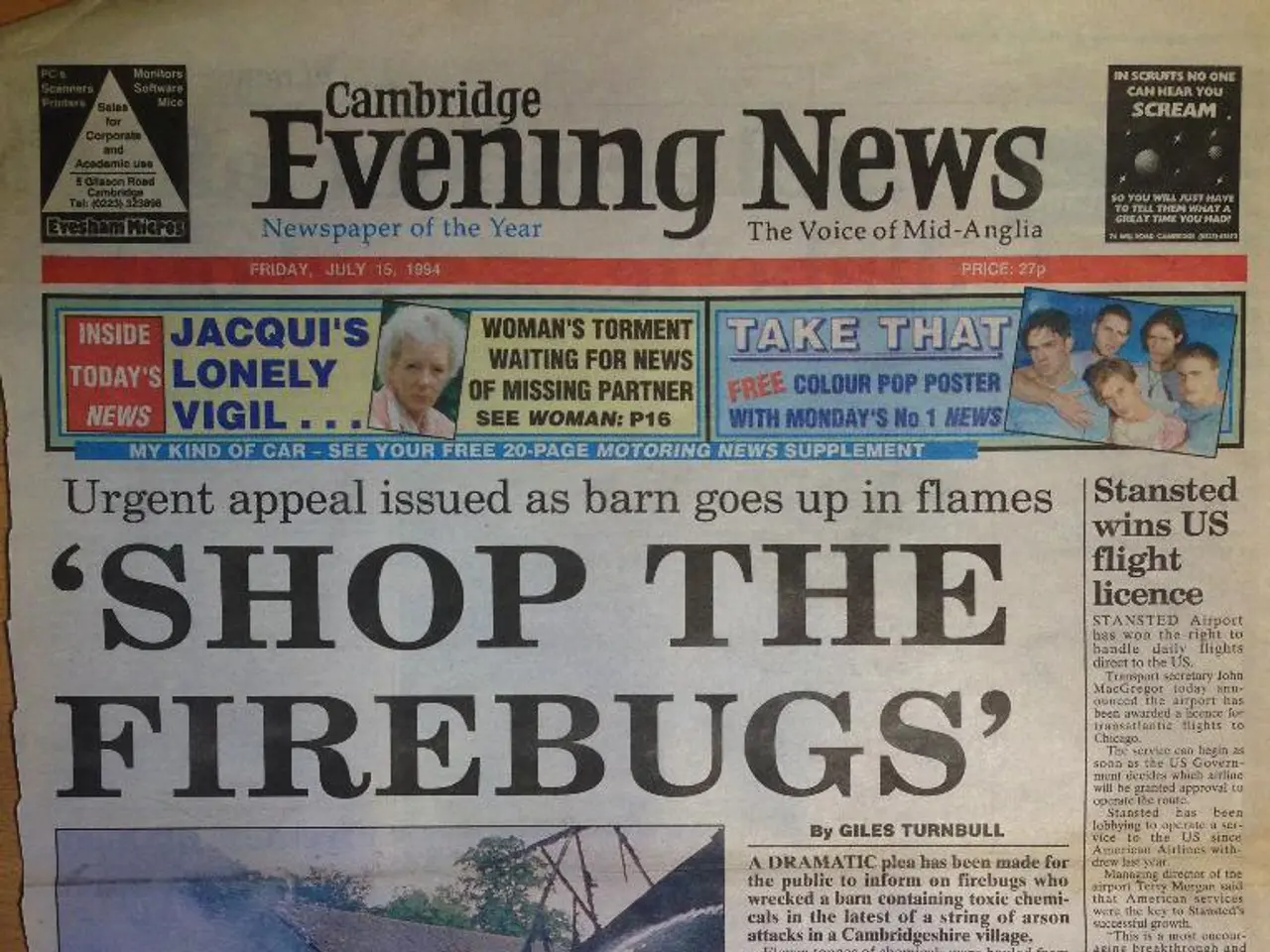Federal funding for the Corporation for Public Broadcasting, once a mainstay, ceases under the leadership of President Trump, leading to the organization's announced shutdown.
Public Broadcasting Corporation Shuts Down After Nearly Six Decades
The Corporation for Public Broadcasting (CPB), a cornerstone of public broadcasting in the United States for over half a century, is shutting down following the removal of its federal funding. This decision, motivated by concerns about perceived political bias and cost, disrupts the national public media infrastructure and threatens the sustainability of PBS, NPR, and over 1,500 local public stations across the country.
The defunding of CPB, signed into law on July 24, 2025, eliminates approximately $1.1 billion in approved funding for public broadcasting. The rescission process began earlier in the year, with partisan support in Congress leading to the complete removal of CPB funding for the first time since its founding in 1967-68.
CPB has been a vital source of funding for local stations, a champion of educational and cultural programming, and a bulwark for independent journalism. The organization provided funding to PBS and NPR, and distributed more than 70% of its funds to local public radio and television stations. The loss of CPB’s federal funding jeopardizes grants, infrastructure, negotiation of music rights, and technical support that many local affiliates relied upon.
Although only about 1% of NPR’s budget and 15% of PBS’s budget came directly from federal funding, the impact on local stations is significant. Many public media stations now face difficulty in sustaining operations, including the ability to pay fees to NPR and PBS for national content, which can cost millions annually. This situation is leading to the shutdown of CPB operations, staff layoffs, and potentially the closure of some local public media stations, particularly those in rural areas that depended heavily on CPB support for educational, cultural, journalistic, and emergency alert programming.
After Congress approved the defunding of CPB, President Trump celebrated the move on Truth Social. The move to wind down by CPB comes after President Trump led a successful effort to kill federal funding for public media. Trump attempted to fire three CPB board members, including Tom Rothman, in April, and Rothman dropped out of the lawsuit against Trump and other White House officials. Laura Ross and Diane Kaplan, two other CPB board members, sued the president and other White House officials over the move, and Kaplan and CPB, for now, are still active plaintiffs in the case.
A small transition team will remain through January 2026 to ensure a responsible and orderly closeout of operations. The transition team will focus on compliance, final distributions, and resolution of long-term financial obligations. CPB informed its employees that the majority of staff positions will conclude with the close of the fiscal year on Sept. 30, 2025.
Despite the challenges, PBS remains committed to building on CPB’s legacy and maintaining its service to the American people for years to come. The loss of CPB is a significant blow to public broadcasting, but the resilience and dedication of the public media community ensure that the spirit of public service will continue to thrive.
References:
- NPR
- PBS
- The Washington Post
- The New York Times
- The defunding of the Corporation for Public Broadcasting (CPB) in 2025 will have tangible implications for the financial sustainability of businesses like PBS and NPR, as the loss of federal funding and the subsequent shutdown of the CPB threatens their programming and operations.
- The political landscape, with concerns about perceived bias and cost, has played a significant role in the funding decisions of businesses such as CPB, but the impact of these decisions extends beyond finance and politics into the realm of general news, threatening the future of independent journalism and public media infrastructure across the country.






